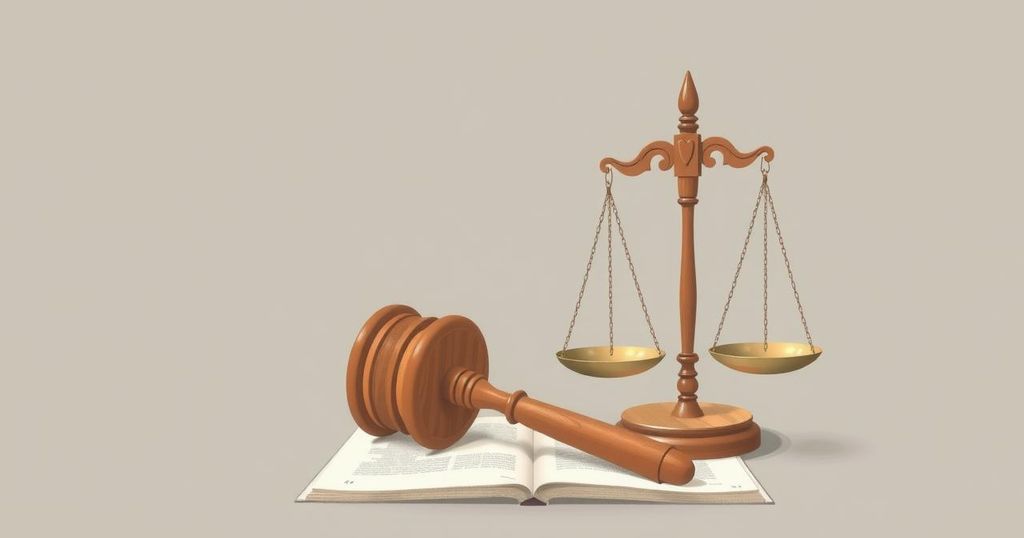Tunisia has withdrawn from the African Court on Human and Peoples’ Rights, which rights organizations view as a concerning regression in civil liberties. The government provided no explanation for this decision, and it has drawn condemnation from local human rights groups, who see it as a retreat from commitments made in 2017. Critics argue that this will limit citizens’ ability to seek justice regarding state abuses.
Tunisia has decided to withdraw from the African Court on Human and Peoples’ Rights, which has drawn criticism from rights organizations. This announcement, made public by activists, indicated that Tunisia no longer recognizes the court’s authority to accept cases brought by individuals or NGOs, raising alarms over diminishing freedoms in the nation.
The statement from the Tunisian government did not provide any justification for this decision. The court, based in Arusha, is responsible for enforcing the African Union’s human rights charter. There has been no response from the Tunisian foreign ministry regarding inquiries from AFP about this matter.
In 2017, Tunisia had empowered its citizens and NGOs to bring cases to the court after being hailed as the sole survivor of the Arab Spring democracy. However, since President Kais Saied’s power consolidation in 2021, human rights activists have expressed serious concerns regarding the decline in civil liberties. Many of his political opponents currently face incarceration and are subjected to a mass trial perceived as politically motivated.
In a case filed in May 2023, relatives of detained opposition leaders, including Ennahdha party head Rached Ghannouchi, sought assistance from the African court. The court intervened in August, directing the Tunisian authorities to grant the detainees access to their legal counsel and medical services.
The Tunisian League for Human Rights (LTDH) has deemed the withdrawal a “dangerous step backward” and characterized it as an effort to escape accountability from independent judicial frameworks. Similarly, the Tunisian human rights group CRLDHT condemned the action as a shameful retreat from Tunisia’s historical commitments to uphold human rights, stating that it restricts the ability of citizens and organizations to address state violations before the court.
Tunisia’s withdrawal from the African Court on Human and Peoples’ Rights marks a significant regression in its human rights commitments. This move, criticized by various rights groups as a secretive and dangerous decision, eliminates citizens’ avenues for legal recourse against state violations. The broader implications highlight an ongoing trend towards authoritarianism in Tunisia following President Kais Saied’s consolidation of power, with increasing concerns for civil liberties.
Original Source: www.arabnews.com






